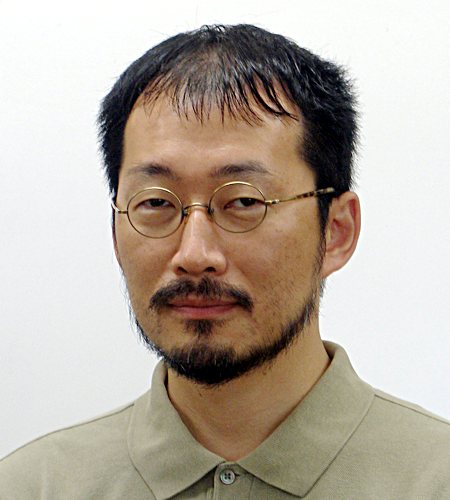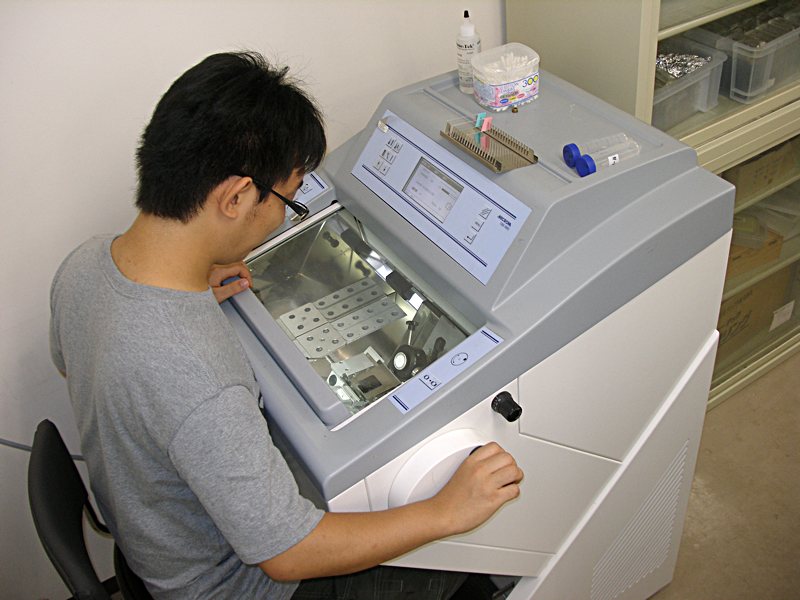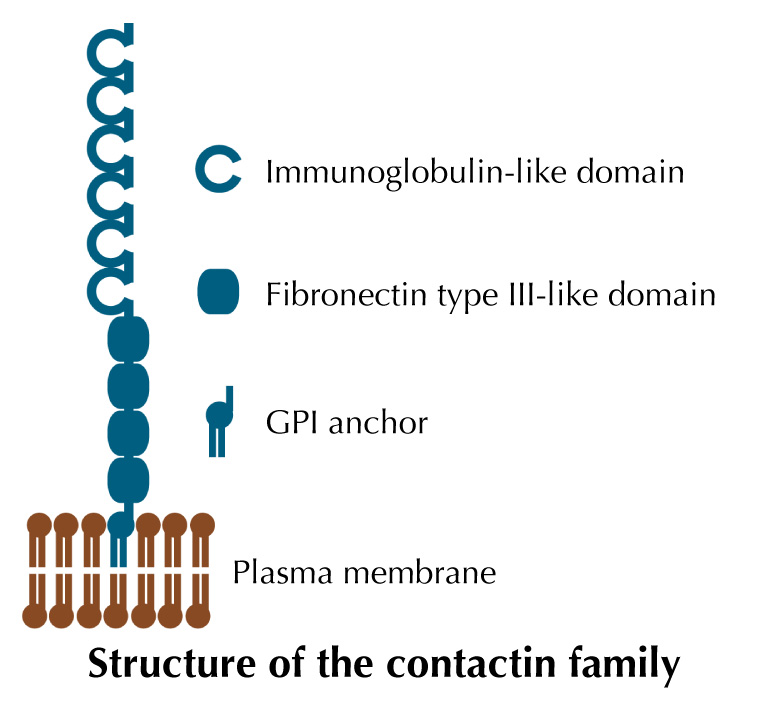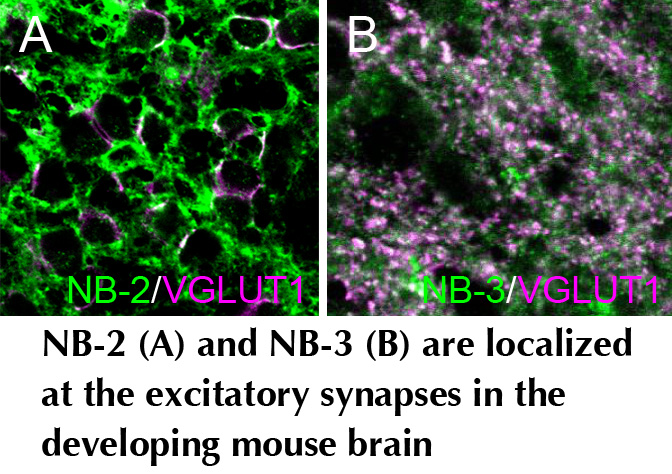Research
Neurobiology

Yasushi Shimoda
Associate Professor

Normal brain function requires the proper formation and maintenance of neural circuits composed of 100 billions of neurons. Cell adhesion molecules (CAMs) on the surface of neurons play pivotal roles in these processes by mediating the inter-neuron communications. We are interested in how individual CAMs control the organized structure and function of the brain. Our current effort focuses on CAMs in the contactin family. Contactin family members are implicated in the pathogenesis of autism spectrum disorder (ASD). They also bind to other cell surface molecules, such as Caspr, APP and RPTPs, to form macromolecular complexes. We have shown that these CAMs mediate the formation of excitatory synapses during development. Our research uses CAM gene-targeted mice, production of monoclonal antibodies and immunohistochemistry, as well as various molecular, biochemical and cellular techniques. Comprehensive understanding of CAMs from molecular interaction to animal behaviors will uncover the cause of ASD and other disorders of higher neural functions.
- Localization and function of CAMs expressed in the perinatal and early postnatal brains
- Regulation of neurite outgrowth and synapse formation by CAMs
- Involvement of CAMs in the pathogenesis of autism spectrum disorder

